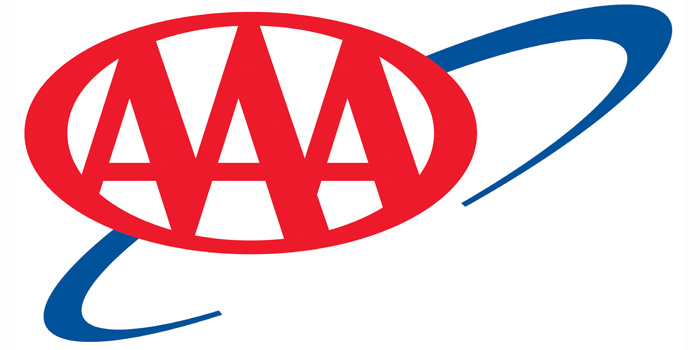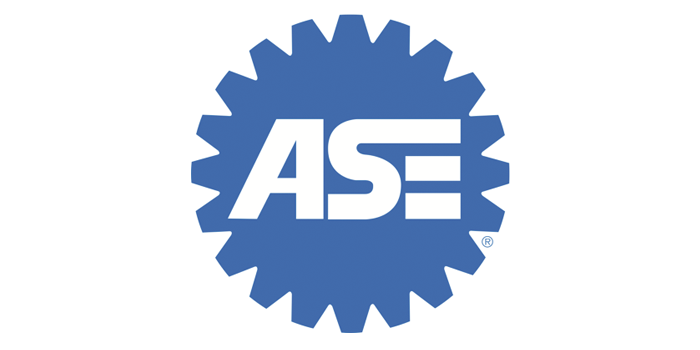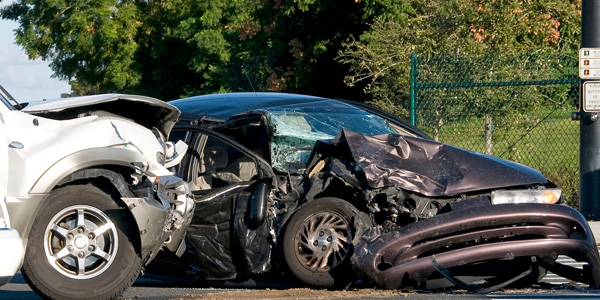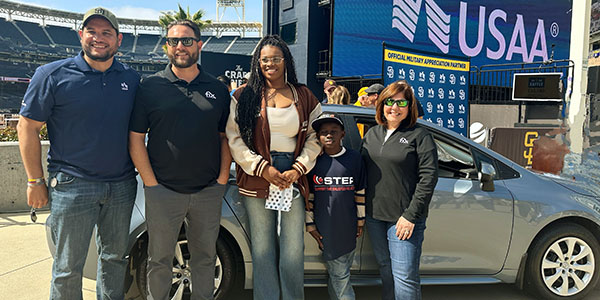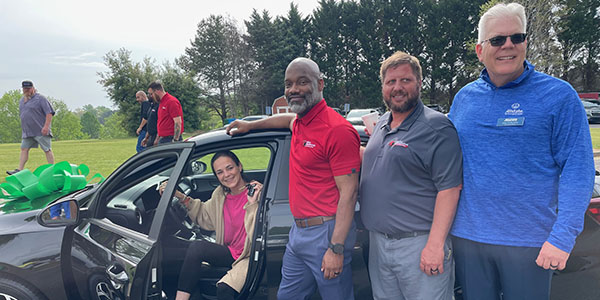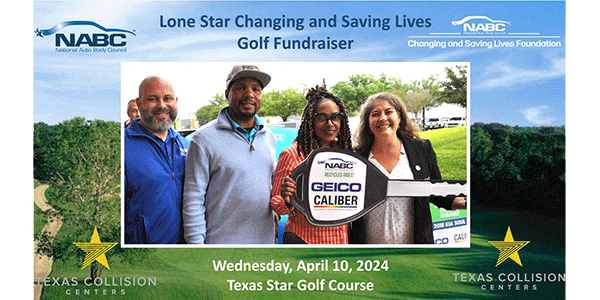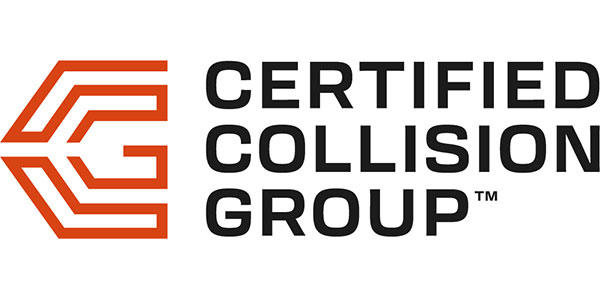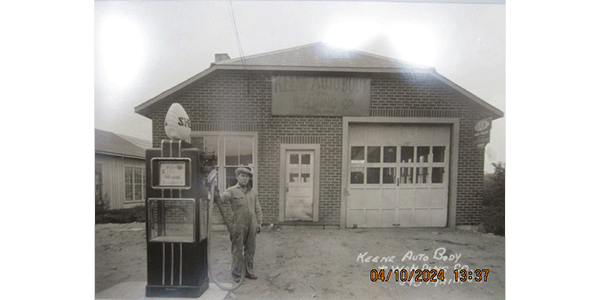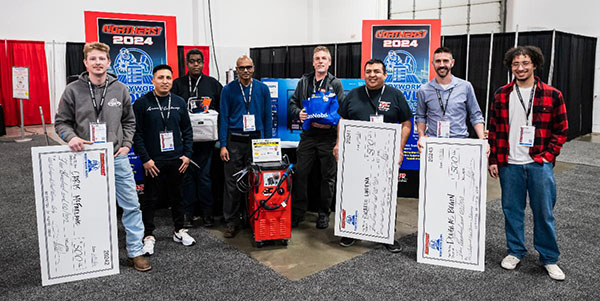Three out of four U.S. drivers report feeling “afraid” to ride in a self-driving car, according to a new survey from AAA. With today’s heightened focus on autonomous vehicles, AAA says that this fear poses a potential concern to the automotive industry as consumers may be reluctant to fully embrace the self-driving car.
Despite this significant fear, AAA also found that drivers who own vehicles equipped with semi-autonomous features are, on average, 75 percent more likely to trust the technology than those who do not own it, suggesting that gradual experience with these advanced features can ease consumer fears.
“With the rapid advancement toward autonomous vehicles, American drivers may be hesitant to give up full control,” said John Nielsen, AAA’s managing director of Automotive Engineering and Repair. “What Americans may not realize is that the building blocks toward self-driving cars are already in today’s vehicles, and the technology is constantly improving and well-trusted by those who have experienced it.”
While only one in five Americans say they would trust an autonomous vehicle to drive itself, AAA’s survey revealed that consumer demand for semi-autonomous vehicle technology is high. Nearly two-thirds (61 percent) of American drivers report wanting at least one of the following technologies on their next vehicle: automatic emergency braking, adaptive cruise control, self-parking technology or lane-keeping assist.
Among drivers who want these features on their next vehicle, AAA found their primary motivation to be safety (84 percent), followed by convenience (64 percent), reducing stress (46 percent) and wanting the latest technology (30 percent).
- Baby Boomers are more likely to cite safety as a reason they want semi-autonomous features on their next vehicle (89 percent) than Millennials (78 percent).
- Millennials are more likely to cite convenience (75 percent) and wanting the latest technology (36 percent) compared to older generations.
- Women are more likely to cite reducing stress as a reason for wanting the technology (50 percent) than men (42 percent).
AAA’s survey also offered insights into why many Americans shy away from advanced vehicle technology. Among those who do not want semi-autonomous features on their next vehicle, drivers cite trusting their driving skills more than the technology (84 percent), feeling the technology is too new and unproven (60 percent), not wanting to pay extra for it (57 percent), not knowing enough about the technology (50 percent) and finding it annoying (45 percent) as the top reasons.
- Millennials (63 percent) and Gen-Xers (62 percent) are more likely to cite not wanting to pay extra for semi-autonomous technology, compared to Baby Boomers (49 percent).
- One in four female drivers (23 percent) cite feeling the technology is too complicated to use as a reason for not wanting the technology in their next vehicle, compared to 12 percent of male drivers.
“While six in 10 drivers want semi-autonomous technology in their next vehicle, there are still 40 percent of Americans that are either undecided or reluctant to purchase these features,” said Nielsen. “It’s clear that education is the key to addressing consumer hesitation toward these features, and AAA’s ongoing effort to evaluate vehicle technologies – highlighting both the benefits and limitations – is designed to help drivers make informed choices.”
Full survey results, including consumer trust and purchase intentions of individual features and infographics, can be found at NewsRoom.AAA.com.

